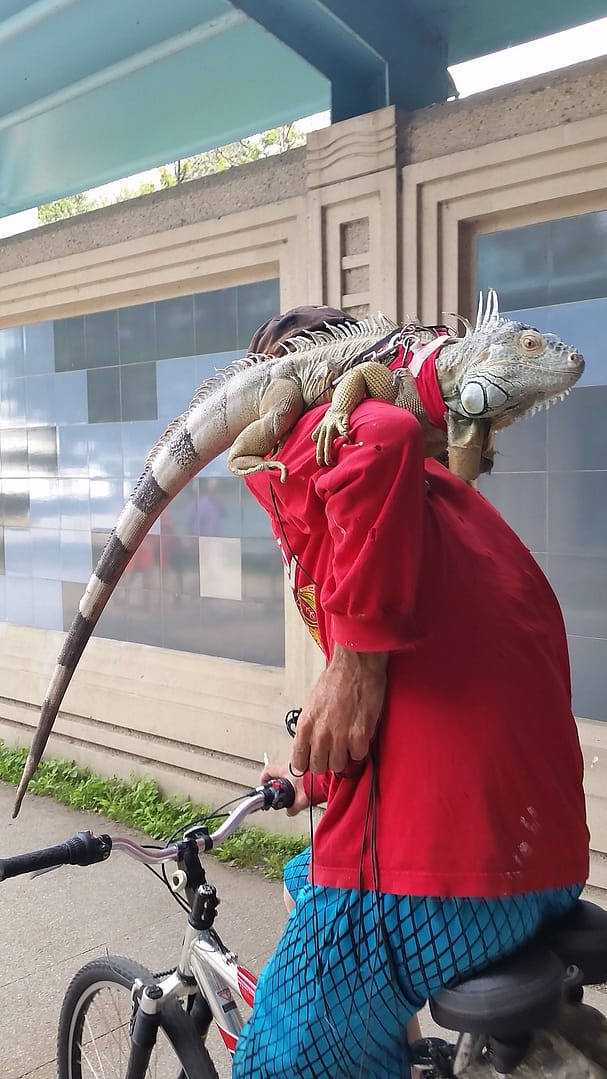
Not only was native art and property stolen, but its trafficking was also prohibited within the United States by existing laws aimed to protect the cultural heritage of tribes. “With this new law, we have taken an important step forward in halting the illegal and immoral theft of items that tribes have identified as essential and sacred pieces of their cultural heritage,” said Heinrich after the signing. Several tribal leaders emphasized that these objects are not art or property. They’re sacred, used in ceremonies or private traditions.
When pueblo leaders contacted the auction house, they discovered the United States didn’t have a law addressing the export of such items.
“Too often these items have been illegally removed from the traditional homelands and sold at auction houses, galleries and on the internet domestically and abroad. Once they leave our country they’ve been out of reach,” said current Acoma Gov. Randall Vicente.
“Now that the President has signed the STOP Act into law, I look forward to working with the Biden Administration to implement this bipartisan legislation to prohibit the exporting of sacred Native American items and increase penalties for stealing and illegally trafficking Tribal cultural patrimony,” said Heinrich. “For years, I have been working in close partnership with New Mexico’s Pueblos, the Jicarilla and Mescalero Apache Nations, the Navajo Nation, and Tribes across Indian Country to halt the trade of culturally significant items and repatriate stolen pieces that were trafficked illegally to their rightful owners. With this new law, we have taken an important step forward in halting the illegal and immoral theft of items that Tribes have identified as essential and sacred pieces of their cultural heritage.”
“Today is historic for Tribal Nations – from New Mexico to Alaska to Hawaii – as President Biden signs into law H.R. 2930, the Safeguard Tribal Objects of Patrimony or the STOP Act. While the United States has laws to protect the cultural property of other countries, until the STOP Act, we had no law to specifically stop the export of Native American patrimony. The perseverance of the Acoma people to recover a sacred shield that was stolen inspired this legislation. The STOP Act will explicitly prohibit the export of tribal cultural items obtained illegally and better enable their return if found overseas. This bill has long enjoyed bicameral, bipartisan support. I’m honored to have worked with Senator Martin Heinrich, Senator Ben Ray Luján, the late Representative Don Young, Tribal leaders, and so many others who worked for years to sign this bill into law,” said Leger Fernández
The STOP Act prohibits the exporting of sacred Native American items and increase penalties for stealing and illegally trafficking Tribal cultural patrimony. It will help prevent instances like the auction of a shield, stolen from the Pueblo of Acoma. Senator Heinrich played a role in the effort to bring the shield home by working with Governors Kurt Riley and Brian Vallo to call for its return.
Senator Heinrich first introduced the STOP Act in 2016. He championed the bill in the Senate alongside U.S. Senator Lisa Murkowski (R-Alaska). The Senate passed STOP Act unanimously on November 29, 2022 following the House’s passage of the bill on December 3, 2021. Representative Leger Fernández led on the bill in the House of Representatives alongside the late U.S. Representative Don Young (R-Alaska), and U.S. Representatives Tom Cole (R-Okla.) and Sharice Davids (D-Kan.).




